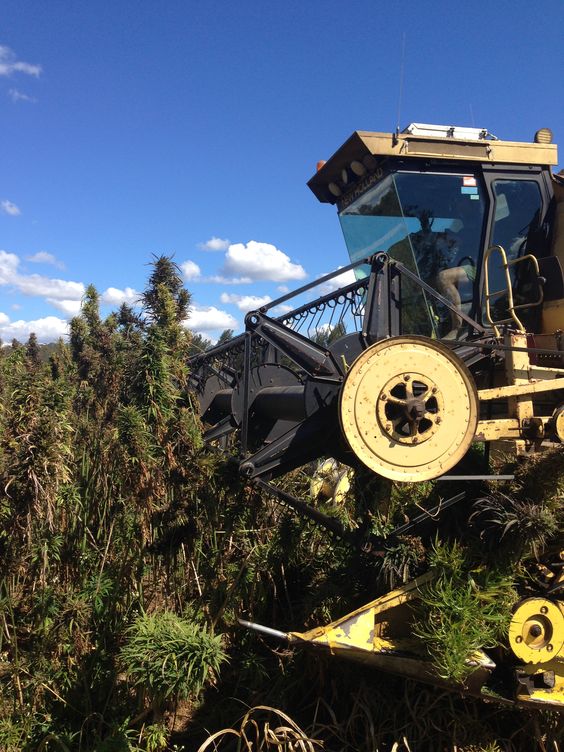In recent years, the global plant-based meat market has witnessed explosive growth, particularly in the United States. SPINS market data reveals that the U.S. plant-based meat market reached $682 million in 2017, $794 million in 2018 (16% growth), and $939 million in 2019 (18% growth), with annual increases indicating an expanding market scale and capacity.
Simultaneously, Innova Market Insights data indicates that, by the first 9 months of 2018, plant-based meats constituted 11% of newly launched meat products, and approximately 70% of Americans had already consumed plant-based meat products.
On a global scale, the latest research by Markets and Markets shows that the 2019 global market size for plant-based artificial meat was approximately $12.1 billion, with an expected compound annual growth rate (CAGR) of 15.0%, reaching $27.9 billion by 2025.
The rapid growth of this market is attributed to consumer choices for healthier diets, efforts by health experts and food manufacturers in product development, environmental sustainability, and the increasing population adopting vegetarianism. These factors collectively drive the demand for plant-based meat alternatives.
1. Plant-Based Meat from Industrial Hemp
Recently, Sustainable Foods, a New Zealand-based alternative protein company, announced plans to launch plant-based meat products in 2021 using industrial hemp as a primary ingredient. Sold under the company’s retail brand “The Craft Meat Co,” these hemp-based products include minced meat, burgers, sausages, and ready-to-eat meals.
Kyran Rei, Co-founder of Sustainable Foods, highlights the nutritional value of industrial hemp, rich in plant proteins, used in various products. The new plant-based meat will utilize industrial hemp as its base, surpassing animal protein in total protein content due to hemp’s abundance in plant proteins. Additionally, hemp-based plant meats boast high dietary fiber, reaching 19% of the recommended dietary intake (RDI), a feature not easily replicated by traditional animal or many other plant-based meats.
Industrial hemp is a viable crop in New Zealand, where Sustainable Foods collaborates with medical cannabis producer Greenfern Industries as an exclusive grower, utilizing 100% locally grown industrial hemp for plant-based meat production.
Sustainable Foods has established its own hydroelectric power plant, including dams and generators, to power its production processes, significantly enhancing the sustainability of the production process.
2. Sustainability of Raw Material Cultivation
Sustainability is crucial, considering that all product packaging in New Zealand is made using Forest Stewardship Council (FSC) materials, composed of 88% recyclable materials, aligning with recyclable standards. The sustainability-focused methods of producing hemp-based meat will minimize processing, catering to consumers seeking healthier, better-for-you, and more sustainably sourced food.
Health remains a key driving factor, emphasized by the rise of vegetarianism and flexitarianism, viewed as a permanent change rather than a trend. Therefore, the entire processing of the product will concentrate on making it as close to natural food as possible, with minimal processing and all-natural ingredients to meet consumer expectations and demands.
The hemp-based plant meat product is set to launch in 2021, with the price range yet to be determined. Affordability is crucial, as the primary target audience remains everyday consumers. Health, sustainability, and taste need to be affordable for widespread acceptance and meaningful change, making it economically accessible to the general population.
Considering the affordability of the product, the landing of plant-based meat products in the Chinese market is also influenced by price factors. For ordinary consumers, the choice between plant-based and animal-based meat often leans toward animal meat due to slightly higher costs associated with plant-based meats. However, with continuous technological and process improvements, plant-based meats may become more accessible to the general consumer in the future.
3. Importance of Texture and Taste
When asked about how hemp-based plant meat compares in terms of taste and texture to animal-based or other alternative meat products, it promises to fulfill the factors consumers seek in most eating scenarios. The primary focus of the product currently is to meet expectations for an ideal dining occasion rather than replicating meat itself, even though other products have achieved this.
Whether enjoyed in a burger, grilled, minced, deep-fried, or slow-cooked, the consistent factors people consider when consuming meat, such as umami, texture, chewiness, and juiciness, are what the product aims to deliver in various eating scenarios. These are the key factors the product needs to consider to satisfy consumer demands for meat.
4.”Restricted” Regulations in the Asia-Pacific Region
Currently, Sustainable Foods’ activities are predominantly centered in New Zealand, where hemp seeds have been legalized as a food since 2018. In Australia, it has also ventured into food services, with hemp seeds legalized as a food in 2017.
Outside these two countries, considering current regulations, the company’s expansion choices in other parts of the Asia-Pacific region might be restricted. In fact, inquiries have been received from countries like Thailand and Singapore.
Nevertheless, each country in the Asia-Pacific region needs to differentiate regulations for hemp seed dissemination. As hemp seeds as food gain increasing recognition, it is hoped that more companies will join in the next 24 months, with regulations adapting accordingly. Additionally, the company is collaborating with New Zealand Trade and Enterprise (NZTE) to develop relationships with the region, leveraging the popularity of New Zealand brands and plant-based products.
For the remainder of 2020, the company’s main focus will be on product development in collaboration with the Riddet Research Institute before entering the commercialization phase. The hemp-based meat-like product is expected to be launched in 2021. Research and product development in alternative proteins, especially meat alternatives, are rapidly progressing, driving scientific understanding of hemp as a food source at the Riddet Research Institute.
Sustainable Foods is also collaborating with other alternative protein companies to create a plant-based New Zealand collaboration center, focusing on the sustainable development of healthy plant products using locally grown ingredients.
